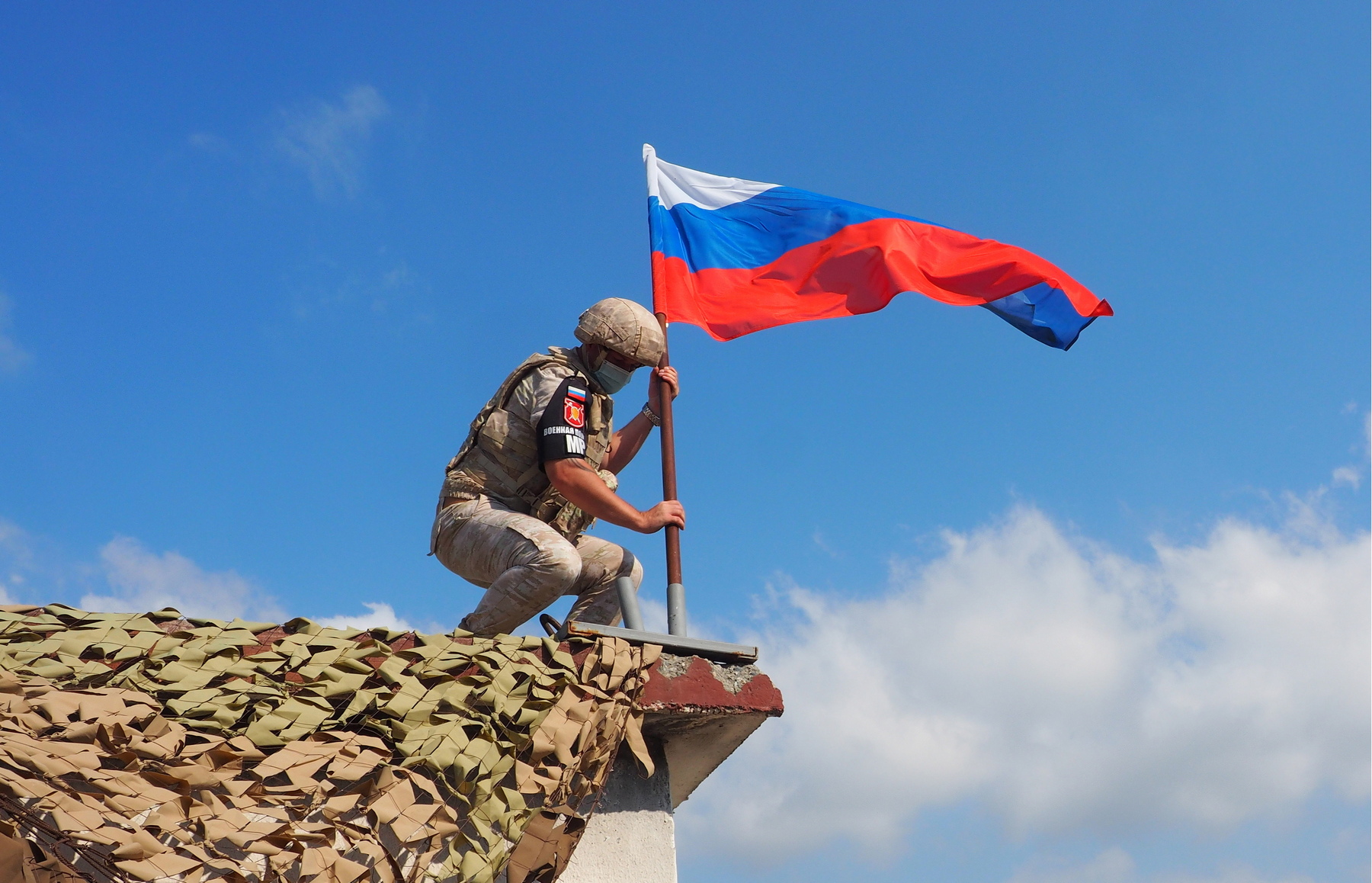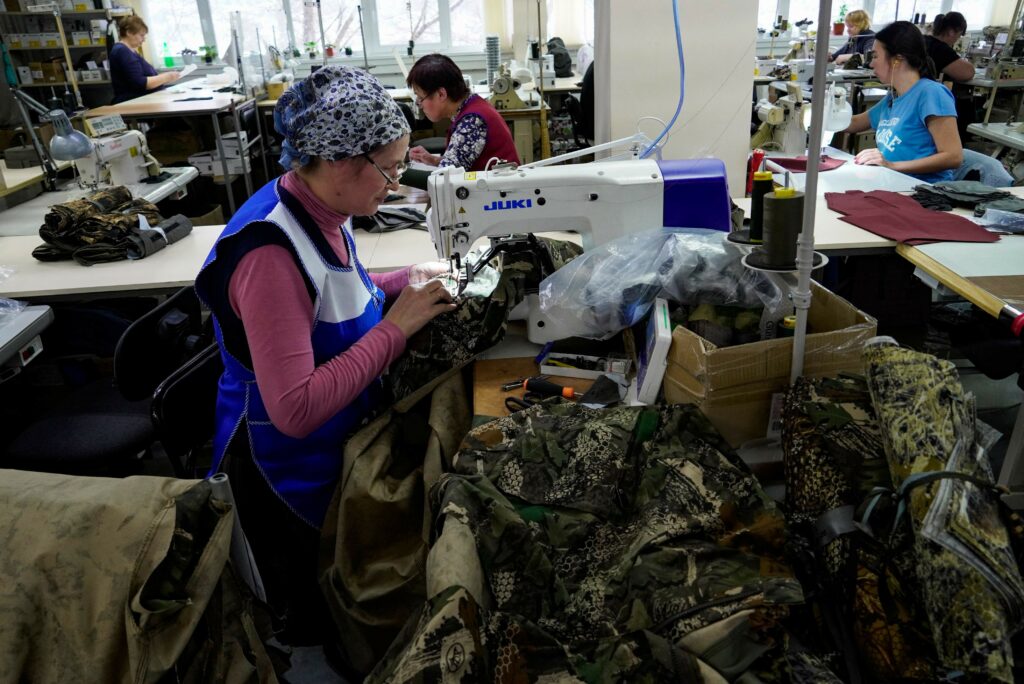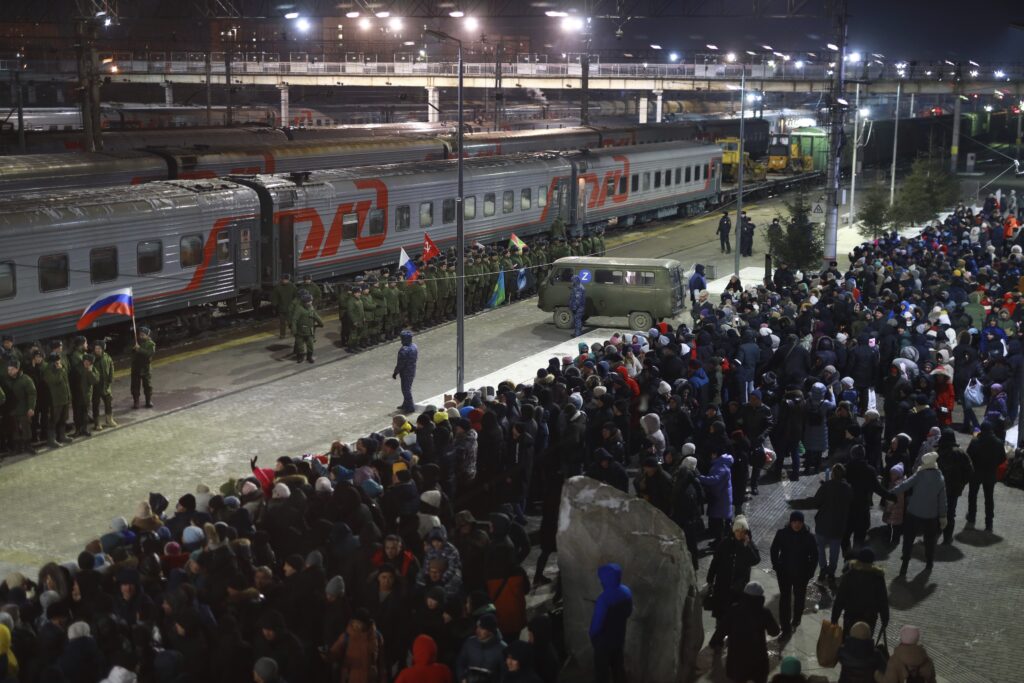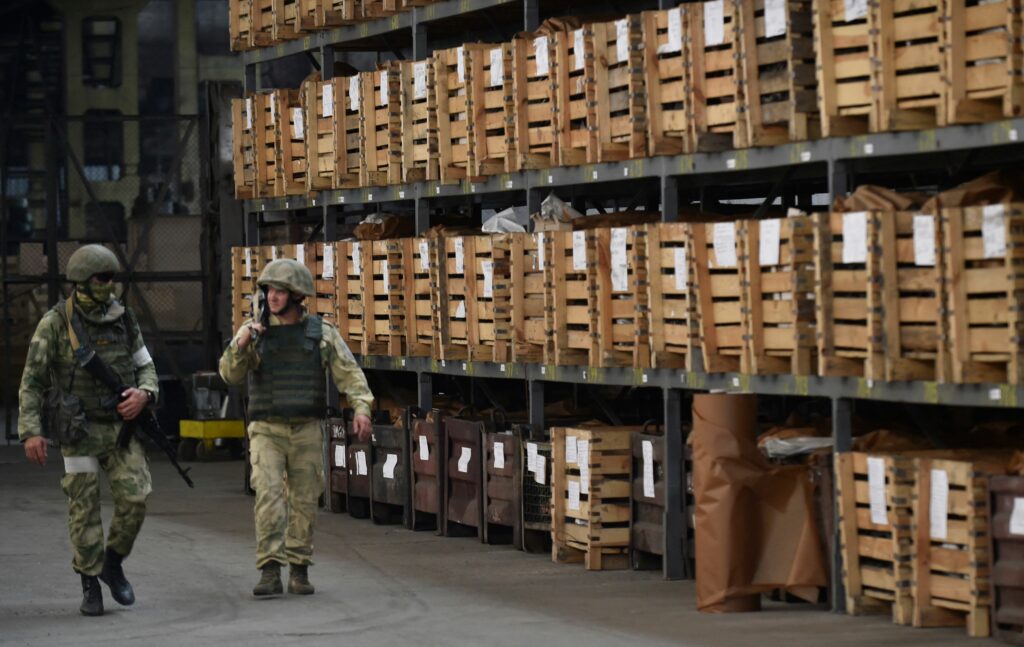Southwest Syria, the ‘cradle of the revolution’, is witnessing contradictory developments: the locals who called for a country without Assad but then ‘reconciled’ with the regime are now rallying again and even engaging in gun battles with pro-government forces. They are no longer opposition members, however, but fighters in the pro-Russian 8th Brigade of the 5th Corps. The brigade’s commander took part in the Arab Spring and was supported by Israel, Jordan and the United Arab Emirates until 2018. He then accepted Russian protection and later more than doubled the size of his squad. His autonomy is causing anger and perplexity in Damascus: Moscow practically saved Assad by weakening his opponents, but now has started helping an alternative centre of power. Does this mean Russia is ready to further violate commitments to fulfil the whims of Israel and the West and prevent the empowerment of Shiite groups in southwest Syria?
Russia has failed to establish its own nationwide political pressure groups in Syria. Nor has it been able to occupy a special position in the Syrian armed forces. The situation is paradoxical because of absence of a lobby. Its absence complicates relations between Moscow and Damascus: Russia is often forced to concede on issues that pose risks to its relations with various actors in the Syrian arena. For instance, every escalation of the conflict in Idlib complicates relations between Moscow and Ankara, reducing Russia’s flexibility, making its actions seem even more toxic in the eyes of Sunni monarchies and the West.
At the same time, Russia is clear-eyed when it comes to assessing its capabilities. These are limited by economic conditions and reputational risks. Apparently, this is why the Russian authorities do not want to occupy a dominant position in power structures in Damascus or contain Iran’s influence in Syria. Such a trade-off entails the wise use of resources that they have managed to obtain during the military campaign and the careful selection of their spheres of influence. Although Russia pretended to hold a dialogue with the anti-Assad opposition and then fought against it under the guise of destroying radical forces, it turns out that Moscow has to support Assad’s opponents to preserve influence, though these opponents are formally ‘reconciled’ with the regime. The Sunni insurgent formations under the 5th Corps in southwest Syria have surrendered only their heavy weapons and have not been fully disarmed. Moscow’s links with the former opposition—an opposition that has not been crushed by surrender — allow Moscow not only to reach a compromise and maintain denominational balance but also to deter Iranian expansion in certain areas.
The Fifth Assault Corps (FAC) is an important extension of Russian influence. It is a semi-regular, special military armed formation established in part by the Russian military, which oversees it. Although the corps itself has not been turned into an effective, combat-ready unit that can independently carry out operational and tactical operations, some of its brigades can compete with army units which are under Iranian influence.
The FAC’s 8th Brigade, made up of rebels who previously surrendered, plays the role of a Russian buffer in the Daraa and Quneitra governorates. In May 2018, Moscow, Tel Aviv and Washington agreed to leave the southern de-escalation zone to Assad in exchange for his promise to contain pro-Iranian forces threatening Israel. It became clear shortly after the deal that the existence of a region of Syria free of Khomeinist forces was out of the question. Fundamentalists are still appearing in places run by the regime’s administration. Still, control over some border areas by people with protest potential representing the FAC’s 8th Brigade is what hinders and complicates the deployment of pro-Iranian forces. Here, Syrian security forces cannot act freely. For example, an attempt to arrest, under false pretences, even an ordinary soldier of the 8th Brigade results in clashes and his later release. Civilian structures directly linked to the 8th Brigade, which is beyond Damascus’s control, operate in areas controlled by the brigade. With Russia’s tacit approval, the region has been turned into a kind of Syrian ‘offshore territory’.
The unofficial name of the 8th Brigade is Liwa Usud al-Harb, which means the ‘Lions of War Brigade’. Its headquarters and most of its units are located in the town of Busra al-Sham in the eastern part of the Daraa governorate. Since its establishment, the formation has been commanded by Ahmad Al-Oda, a former leader of the Quwwat Shabab Al-Sunna (Youth of Sunna Forces) opposition faction. He is assisted by the Russian staff liaison officer, who takes orders directly from the FAC command. In April 2019, the FAC’s 8th Brigade had 1,585 personnel, not including civilians. Now, it has approximately 3,000 servicemen. Other rebel groups who have surrendered but have not yet been integrated into official structures are also concentrated round areas controlled by the 8th Brigade. Oda himself has called for the establishment of a united army in the region.
From the outset, Damascus and Tehran tried to prevent Russia from engaging with the local population. The Russians have managed to establish only one brigade, the 8th, instead of the planned three. So far, Russia has failed to form one brigade in Daraa and Quneitra and another in Sweida, although it still intends to. At the same time, Iranian representatives and allied commanders of the 4th Armoured Division, commanded by the President’s brother, Maher al-Assad, keep recruiting former insurgents. In July 2020, a brigade of five battalions (the 641st to the 645th) made up of former rebels joined Maher’s division. Other former opposition members are being recruited as military security for the ruling regime.
Russia plans to create other ‘offshore’ zones in Syria controlled by pro-Russian armed formations made up of rebels who have surrendered. These are primarily areas in northeast Syria, where Russia’s influence was strengthened after the Sochi Memorandum in October 2019. The memo provides for joint Russo-Turkish patrols in the Syrian border security zone. That means a stronger Russian military presence in the region. Areas that are important to Iran are also located in this zone, including the so-called Shia corridor, controlled by various pro-Iranian groups. Relying on different opposition groups, Moscow can offset the Iranian influence through its safety belt. The Russian military clearly has such a plan. This can be seen in the attempt to form a 6th Corps from 3rd Division units stationed in eastern Syria. There were plans to staff these units using both rebels who have surrendered and fighters from pro-government local units of the National Defence Forces who have long been in conflict with the Iranians. Various Arab armed formations which were previously part of the pro-American Kurdish-Arab Syrian Democratic Forces (SDF) could provide the forces to man the pro-Russian units in this area. These formations withdrew from the ranks of the SDF because of Kurdish overrepresentation in the command. This could also apply to detachments of the so-called Syrian Elite Forces (Quwat al Nukhba), a military wing of Ahmad al-Jarba’s Syria’s Tomorrow Movement. Jarba, a former opposition leader, still regularly participates in negotiations with top officials from the Russian Foreign Ministry.
It cannot be ruled out that Russian ‘offshore territories’ in southwest and northeast Syria could promote a coherent political agenda. For example, Jarba could represent them as a unifying presidential candidate. This is a feasible scenario. It does not aim to create real opposition to Assad but to show alternative option and the alleged liberalisation of political life. These moves are for Saudi Arabia and the United Arab Emirates, which could legally unblock aid to Syria without circumventing the US Caesar Act, which bans nearly all deals with the Syrian regime.
However, such scenarios might not get beyond the initial stage. Despite dependence on Moscow, Assad is playing his game and is leaning on an Iranian shoulder to grab benefits from both sides. The dire economic situation is not preventing Damascus from backstage games: the Assad regime has shown it does not care about its population’s well-being. Assad believes the regime’s viability and flexibility should be maintained by loyal politicians, businessmen and a military who are dependent on security forces and who refrain from expressing discontent and agree to concentrate their assets around Bashar al-Assad. Moscow’s flirtation with alternative centres of power is fraught with sabotage. Therefore, such actions should a priori play along with the regime. However, one cannot rely on instincts (intuition) or decent behaviour on the part of the Russian authorities. Moscow is notorious for its foreign policy toward allies; the Kremlin either turns a blind eye to its partner’s escapades or tries to harness it so strongly that the partner becomes hysterical and starts looking for another patron. And while Syria increasingly resembles North Korea, given the existing power configuration, Syria is becoming more important to Russia than Russia is to Syria.










